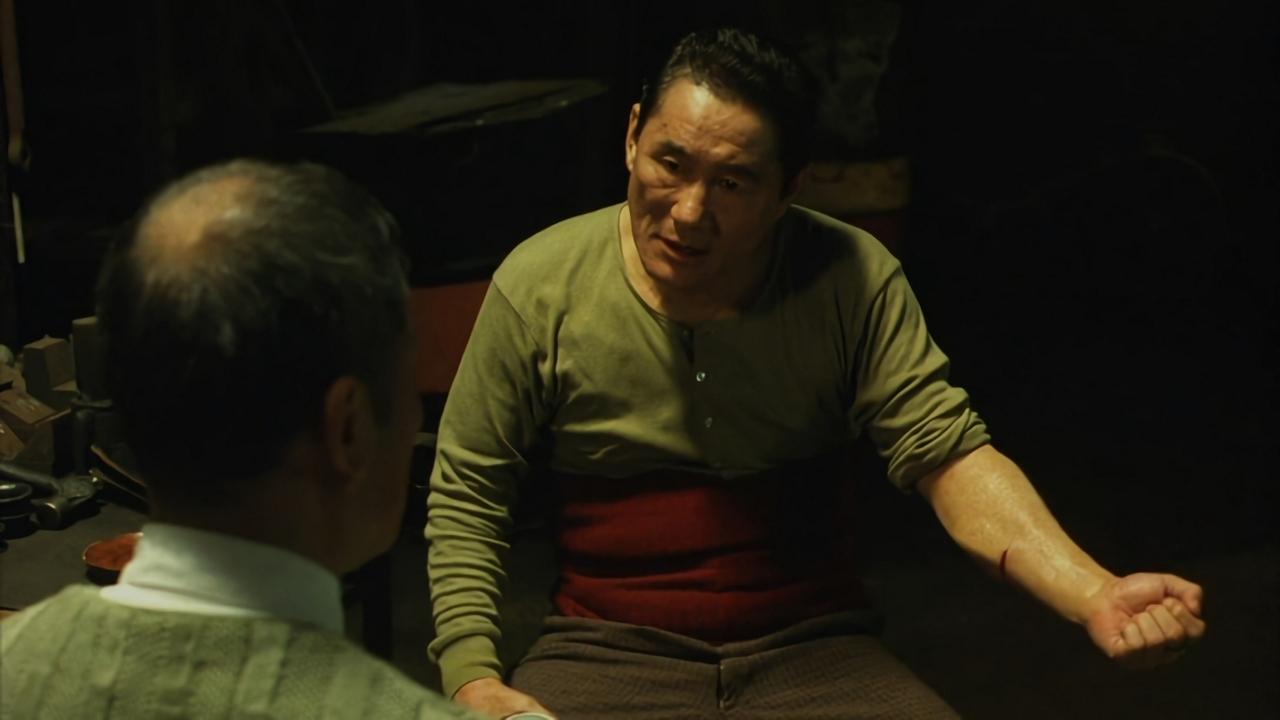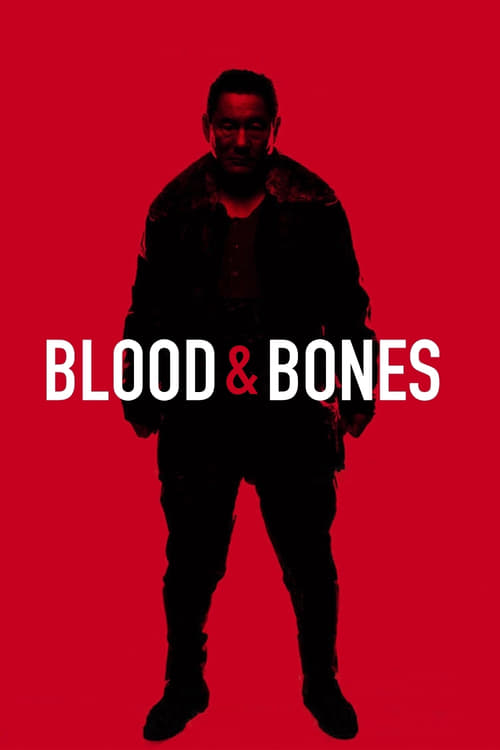
Blood and Bones

In 1923, teenager Kim Shun-Pei moves from Cheju Island, in South Korea, to Osaka, in Japan. Along the years, he becomes a cruel, greedy and violent man and builds a factory of kamaboko, processed seafood products, in his poor Korean-Japanese community exploiting his employees.








“Blood and Bones” is the biopic of a Korean expat who opens a fishcake factory in Japan in the 1920s to later becomes a loan shark. Kitano’s performance as an abusive husband and father is used to make a poignant commentary of post-war Japan's hyper-masculine society. The film excels as a raw and realistic slice-of-life, to the point it could even be used for didactic purposes. However, it has very little to say from an artistic point of view. We see all the horrible things that happened, but we are never given any insight into the characters’ motives, thoughts, and inner conflicts. The story is told from the son’s perspective, but never learn anything about him other than the facts he was involved in.
Yoichi Sai’s austere and impersonal direction suits his neutral approach to the story, and you would assume that the intention is never to romanticize or sugarcoat any of the facts. However, the sappy string soundtrack that keeps kicking in every time something bad happens reveals the film’s calculating attempt to build up dramatic depth and move the viewer. In the end, it’s not clear if the overall flatness is an artistic statement or simply the result of poor direction.